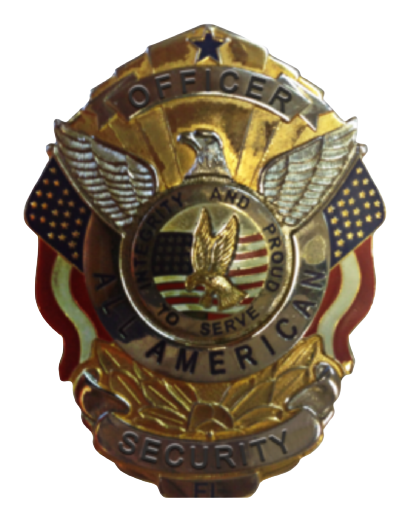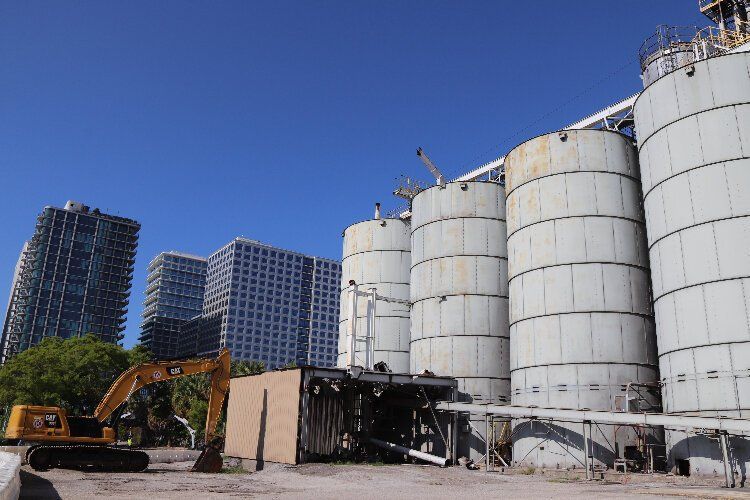Addressing Common Safety Concerns for HOAs in South Florida
Homeowners Associations (HOAs) in South Florida face a unique set of challenges when it comes to ensuring the safety and security of their communities. With the region's high population density, diverse demographics, and specific environmental factors, HOAs must be proactive in addressing these issues to maintain a safe living environment. Here, we explore some of the most prevalent safety concerns facing South Florida HOAs and how All American Security Services can provide tailored solutions to these problems.
1. Access Control and Perimeter Security
One of the primary concerns for any HOA is controlling who enters and exits the community. In South Florida, where both residential and tourist populations are high, managing access can be particularly challenging. Unauthorized access can lead to a range of security issues, from vandalism to more serious criminal activities. Implementing comprehensive access control systems, such as gated entries with security personnel, can significantly mitigate these risks.
2. Surveillance and Monitoring
Another critical aspect of securing HOA communities is effective surveillance. The installation of high-definition CCTV cameras in common areas and strategic points around the perimeter can deter criminal activities and provide valuable evidence should an incident occur. Continuous monitoring, possibly combined with motion-sensor technology, ensures that any unusual activity is quickly noticed and addressed.
3. Natural Disaster Preparedness
South Florida's susceptibility to hurricanes and flooding presents a unique challenge for HOAs. It's vital for associations to have robust disaster response strategies in place. This includes securing buildings and amenities against severe weather and having clear, well-communicated evacuation or shelter-in-place plans. All American Security Services can assist in developing these plans and provide on-the-ground support during critical times.
4. Parking Enforcement
Parking issues are a common headache for many HOAs. Without proper management, these problems can lead to congestion, unauthorized vehicle storage, and disputes among residents. Implementing strict parking policies and having security personnel enforce these rules can help maintain order and ensure fair use of parking resources.
5. Community Engagement and Education
A safe community is an informed community. Regular meetings, newsletters, and workshops about safety can empower residents with the knowledge and tools they need to contribute to the security of their environment. Topics might include personal safety tips, the importance of reporting suspicious activities, and updates on local crime trends.
6. Customized Security Solutions
Each HOA has unique needs based on its size, location, and resident demographics. All American Security Services specializes in creating customized security plans that address these specific requirements, ensuring optimal safety for every community.
In South Florida, where safety and security are paramount, partnering with an experienced security provider like All American Security Services can make all the difference. Our team is dedicated to ensuring that your HOA is equipped with the best security measures to address the specific challenges you face.
Get in Touch Today!
Don't wait until it's too late to enhance your community's security. Contact All American Security Services for a free quote and learn how we can help keep your HOA safe. Call us in Miami at (305) 614-9260, in Tampa at (813) 590-0771, or if you're looking to join our team, call (786) 572-0389. Visit our Miami office located at 12491 SW 134th Ct, Miami, FL, 33186. We look forward to serving you!

The body content of your post goes here. To edit this text, click on it and delete this default text and start typing your own or paste your own from a different source.










